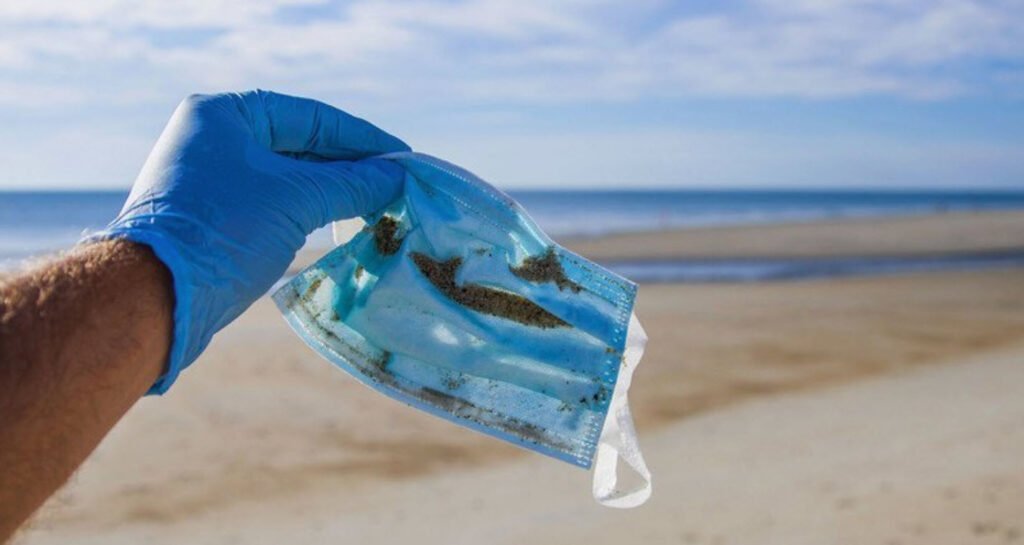The year 2020 will forever be etched in our memories as the time when the world grappled with the COVID-19 pandemic. Face masks became ubiquitous, a symbol of our collective efforts to curb the virus’s spread. However, there was an unintended consequence: the staggering environmental toll of disposable masks.
Following the World Health Organization’s formal declaration of the pandemic, governments worldwide swiftly mandated the use of face masks in public spaces. This led to an unprecedented surge in demand for disposable masks. Factories churned them out at full capacity, with China alone reporting a staggering daily production figure of 450 million masks in April 2020.
Amid this global health crisis, another crisis unfolded—one that silently impacted our oceans. Researchers estimated that approximately 1.6 billion disposable masks found their way into our oceans in 2020. These masks, made primarily of polypropylene, break down into microplastics over time. While the effects of microplastics on human health are still being studied, they are alarmingly common in our water supply. In fact, 94% of U.S. tap water is considered contaminated.
The environmental impact of these masks is staggering. That’s the equivalent of roughly 5,500 tons of plastic pollution. Imagine the weight of all those masks floating in our oceans, harming marine life and ecosystems.
Despite being single-use items, disposable masks take more than four centuries to decompose in the ocean. Compare this to other everyday items:
- Disposable masks: 450 years
- Disposable diapers: 450 years
- Plastic bottles: 450 years
- Aluminum cans: 200 years
- Styrofoam cups: 50 years
- Plastic grocery bags: 20 years
- Cigarette butts: 10 years
As the pandemic extended into 2021, the number of disposable masks polluting our oceans likely continued to grow. However, some companies and organizations are actively searching for solutions. One such initiative is Plaxtil, which aims to recycle surgical masks, repurposing their raw materials for other products.
In our fight against COVID-19, let’s not forget our responsibility toward the planet. As we protect ourselves, let’s also strive to protect our oceans—one disposable mask at a time.



